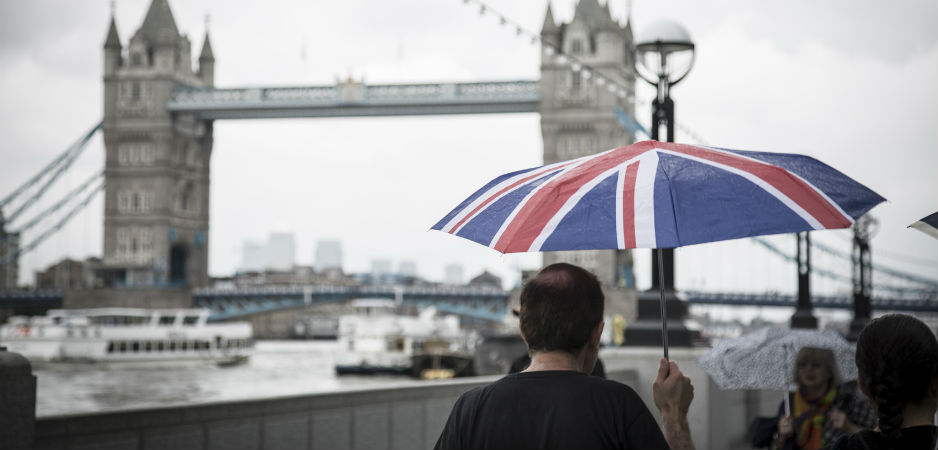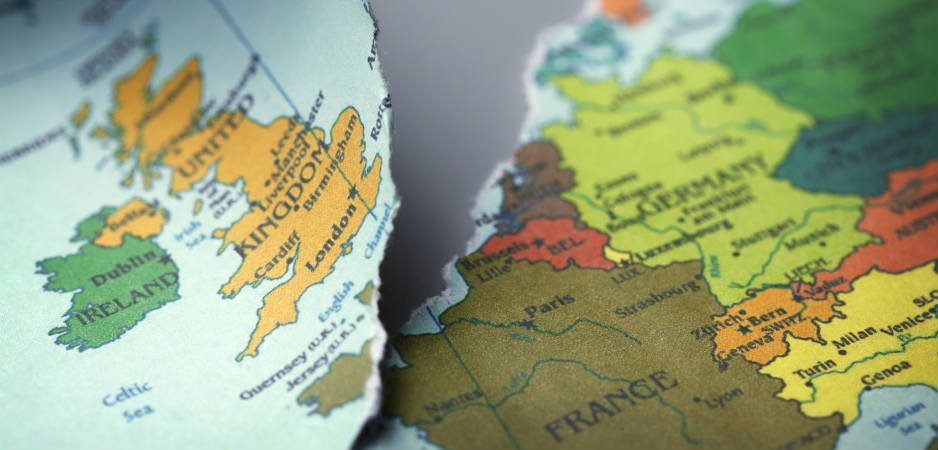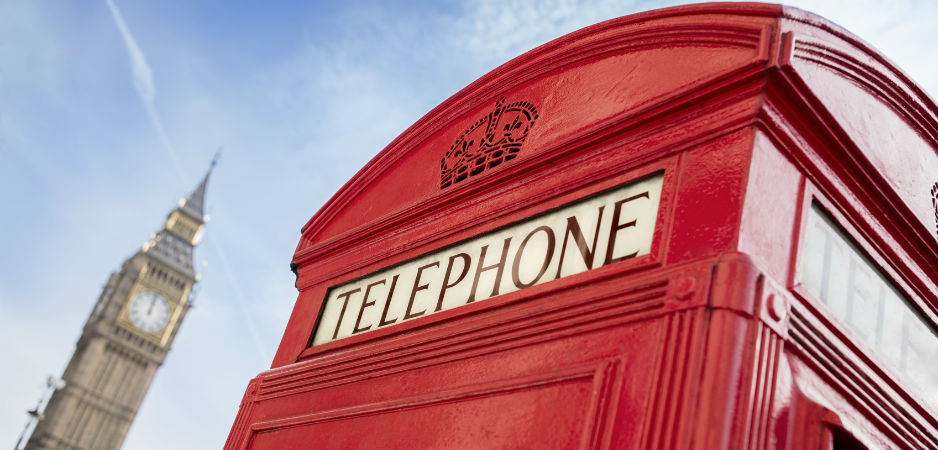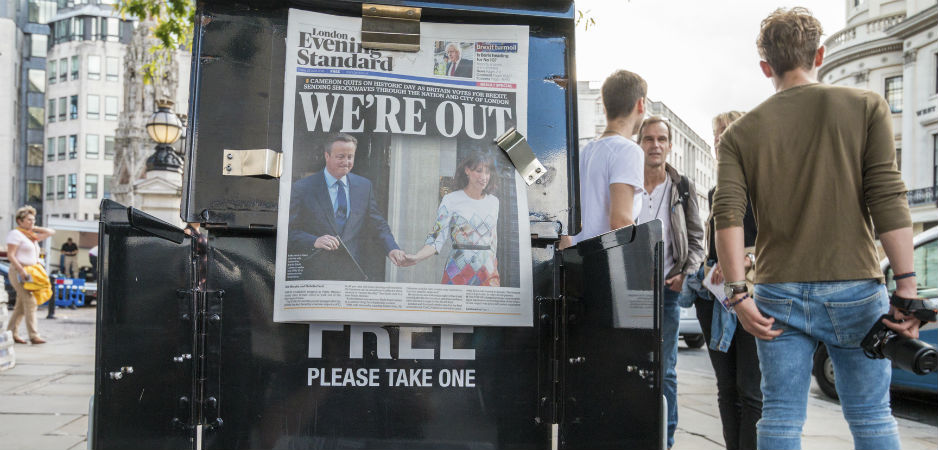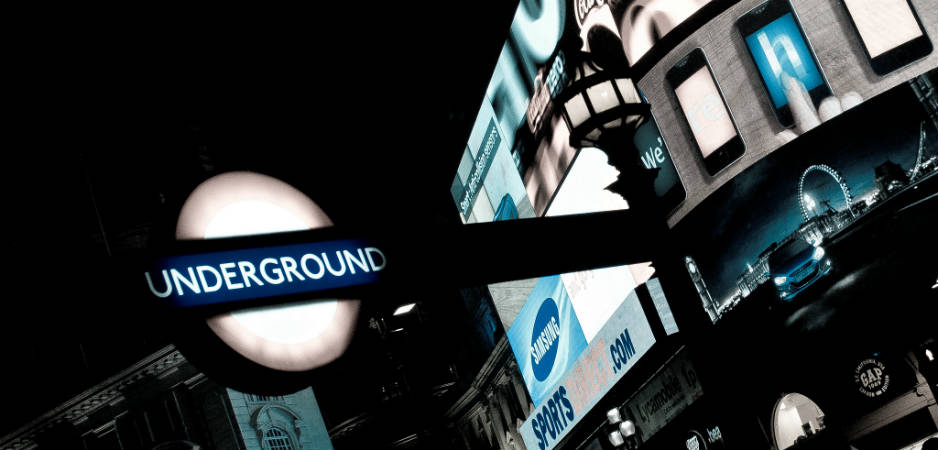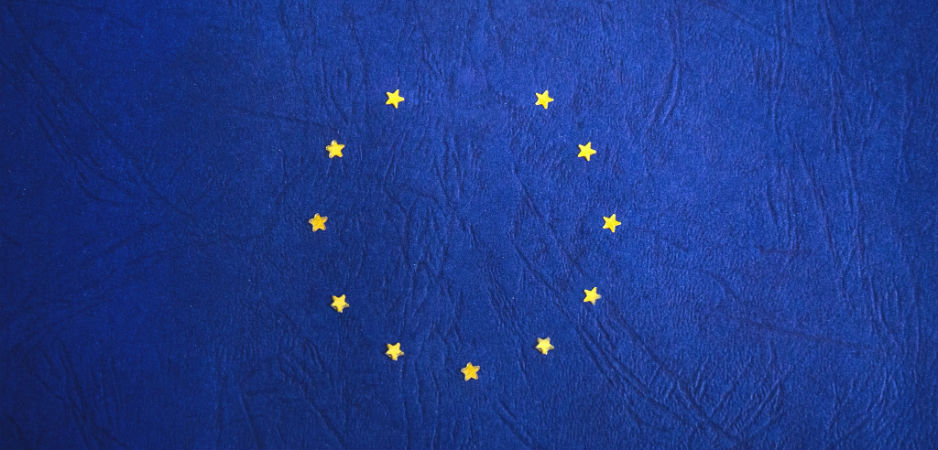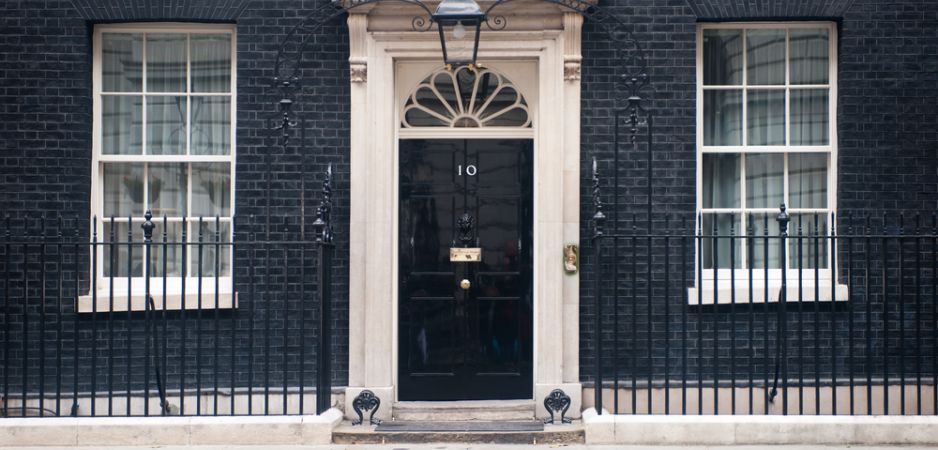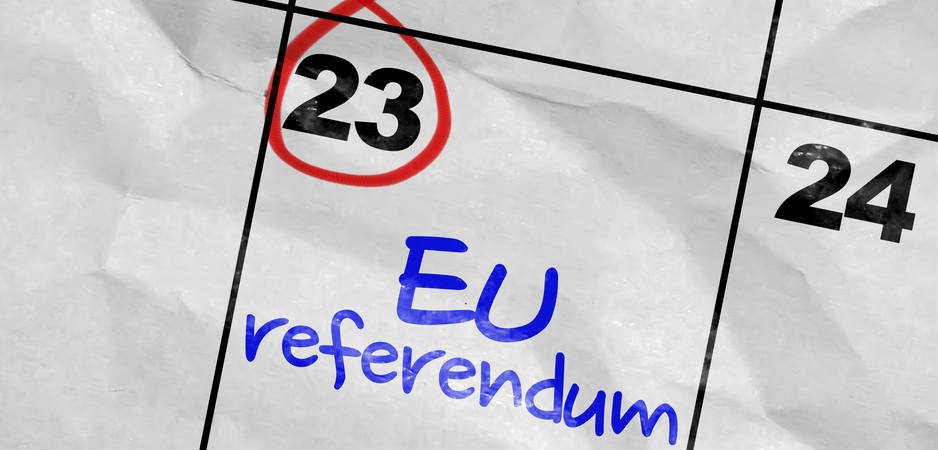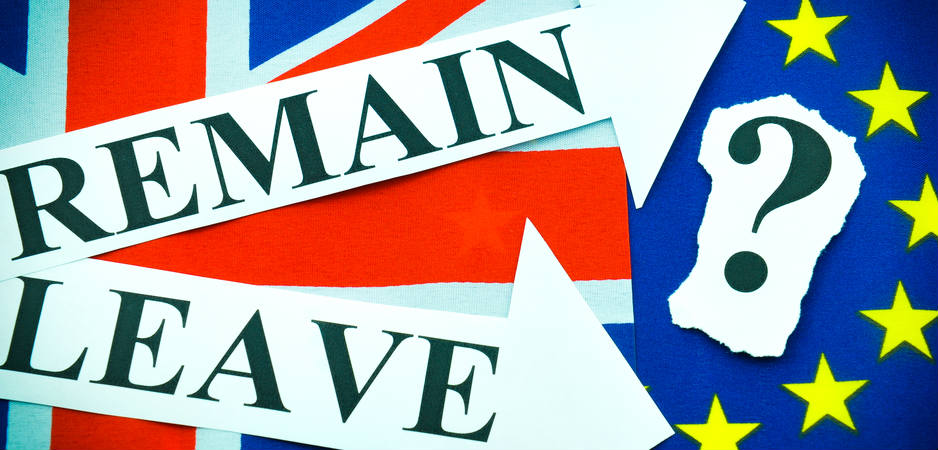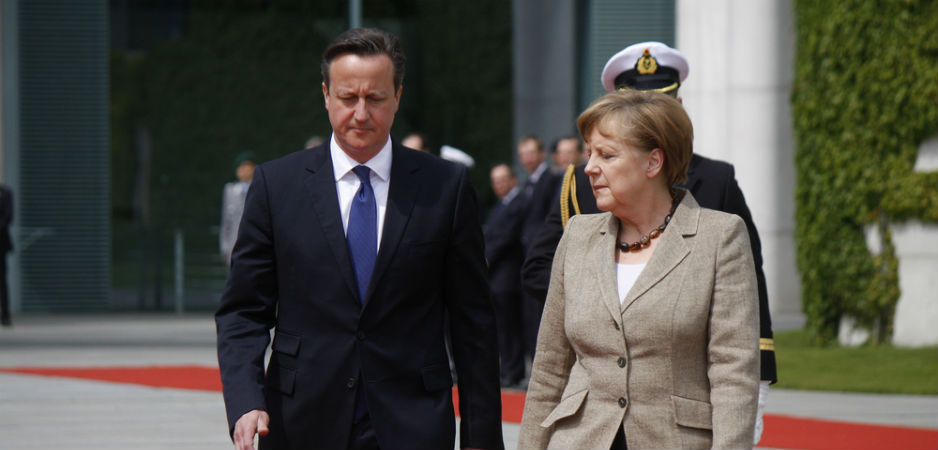The global economic crisis has greatly contributed to the rise of far-right politics in the West manifesting itself in outcomes such as Brexit and the unprecedented rise of Donald Trump.
On June 23, the United Kingdom voted to leave the European Union (EU) with the full effect of the economic, social and political ramifications of the decision still unknown. While the historic decision has disturbed and surprised many, the foundation for such a seismic change is squarely the product of profound social and cultural tensions—some of which are being simultaneously echoed by the United States.
Aside from the weight of the decision to leave the EU, the demographic breakdown of those who voted to leave—with a median age of over 65 years old—is notable. The bloc of voters vehemently behind the campaign for the UK to remain part of the EU had a median age of 21, according to British pollster YouGov. The discrepancy is both stark and important. Those who decided to leave the EU would ostensibly only have to “live with the decision” for 16 years, while those who fought to stay in will live with the ramifications for an average of 69 years.
Baby Boomers
The parallels to the US are hard to dismiss. The demographic that has supported Donald Trump, the candidate many initially wrote off as an impossibility, has now been carried to the position of the presumptive presidential nominee for the Republican Party. Reports have shown repeatedly that baby boomers are bolstering Trump’s candidacy, the person to return them to their America—a time of greater economic stability and a more demographically homogeneous population. A 2015 Rasmussen poll showed that 56% of voters over the age of 40 want to build a wall along America’s southern border, while only 36% of those aged between 18-39 support building the wall with Mexico.
Contextually, landmark events have changed the way that the US—and other Western democracies—have come to function. The events of September 11, 2001, and the subsequent War on Terror, as well as the economic down turn in 2008, have colored the way Americans regard both national security and economic stability.
The global economic crisis, combined with the rise of social media, has greatly contributed to the rise of far-right politics in the West manifesting itself in outcomes such as Brexit and the unprecedented rise of candidates such as Trump. The ability to connect exclusively with individuals and organizations that share ideologically-driven struggles and fears has exacerbated the impact of rising economic inequality, political extremism and xenophobia.
Trump himself, while visiting Scotland, made the linkage, tweeting that “many people are equating Brexit, and what is going on in Great Britain, with what is happening in the U.S. People want their country back!” This argument assumes that the countries have been taken away. It also assumes that the rise of immigration somehow works to unravel a nation’s very fabric.
Coincidentally, Western democracies have been grappling with the so-called “refugee crisis” that has been born of the ongoing conflicts in the Middle East, but namely Syria. Though the US is well behind its goal to accept 10,000 refugees into the country by the end of 2016 (it has only accepted 1,285 thus far), the idea of granting asylum to refugees from Syria has only widened political divides.
The American right has argued that allowing in refugees from the Middle East will be a direct threat to US national security and stability, and has viewed all immigration policies with high scrutiny. The new perceived threat, paired with resentment over economic hardship and underemployment, has led some Americans to believe that the country needs to either be “taken back,” or “made great again.”
The decision to Brexit comes at a time when European nations have accepted over a million migrants and refugees in 2015 alone. In 2015, Germany, an EU nation, received over 400,000 asylum applications. The decision to allow in refugees only grew resentment, especially in light of the November 2015 Paris attacks, for which the Islamic State (IS) claimed responsibility, and the 2015-16 New Year’s Eve sexual assaults in Germany, where the perpetrators were thought to have come into Europe among the flow of migrants and refugees. The sentiments only grew following the March 2016 bombings in Brussels—the location of the European Parliament.
Ballot Box or the Street
While our international norms of tolerance and human rights have evolved quickly since the 1945 establishment of the United Nations, the all too human mix of fear and tribalism remain unmitigated by the secular, liberal democratic world order that Western elites created in the 20th century. To this point, George Orwell’s “England Your England” has been invoked in the Brexit debate, as the writer in 1941 wrote of “the famous ‘insularity’ and ‘xenophobia’ of the English,” particularly of the “working class.”
The occurrence of Brexit and the success of the Trump campaign—both deemed unprecedented and surprising—are born of greater social and economic narratives. The Western assumption that the world is destined to reach a more tolerant, equal and stable condition has been questioned by the success of those narratives among baby boomers. The insular proclivities of Western elders will lead to increased conflict along demographic lines, thus ensuring the self-fulfilling prophesy of tension between the West and the rest.
Democratic ideals are either preserved at the ballot box or lost in the street. In the face of growing economic inequality and fear of the “other,” insularity and fear have proved intoxicating for elders longing for an idealized past.
The onus then falls on the young to maintain faith in equality and toleration to ensure that liberal democracy remains a political reality. That reality of what the decisions to potentially choose a renegade presidential candidate, or to Brexit, will soon be revealed.
The views expressed in this article are the author’s own and do not necessarily reflect Fair Observer’s editorial policy.
Photo Credit: Gage Skidmore
 We bring you perspectives from around the world. Help us to inform and educate. Your donation is tax-deductible. Join over 400 people to become a donor or you could choose to be a sponsor.
We bring you perspectives from around the world. Help us to inform and educate. Your donation is tax-deductible. Join over 400 people to become a donor or you could choose to be a sponsor.
For more than 10 years, Fair Observer has been free, fair and independent. No billionaire owns us, no advertisers control us. We are a reader-supported nonprofit. Unlike many other publications, we keep our content free for readers regardless of where they live or whether they can afford to pay. We have no paywalls and no ads.
In the post-truth era of fake news, echo chambers and filter bubbles, we publish a plurality of perspectives from around the world. Anyone can publish with us, but everyone goes through a rigorous editorial process. So, you get fact-checked, well-reasoned content instead of noise.
We publish 2,500+ voices from 90+ countries. We also conduct education and training programs
on subjects ranging from digital media and journalism to writing and critical thinking. This
doesn’t come cheap. Servers, editors, trainers and web developers cost
money.
Please consider supporting us on a regular basis as a recurring donor or a
sustaining member.
Support Fair Observer
We rely on your support for our independence, diversity and quality.
Will you support FO’s journalism?
We rely on your support for our independence, diversity and quality.




